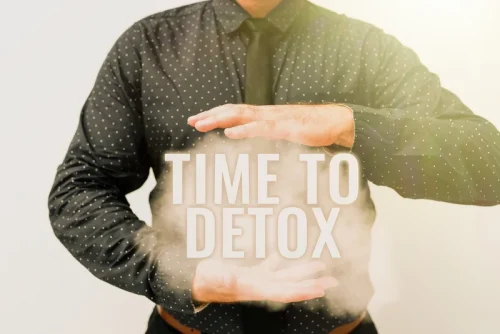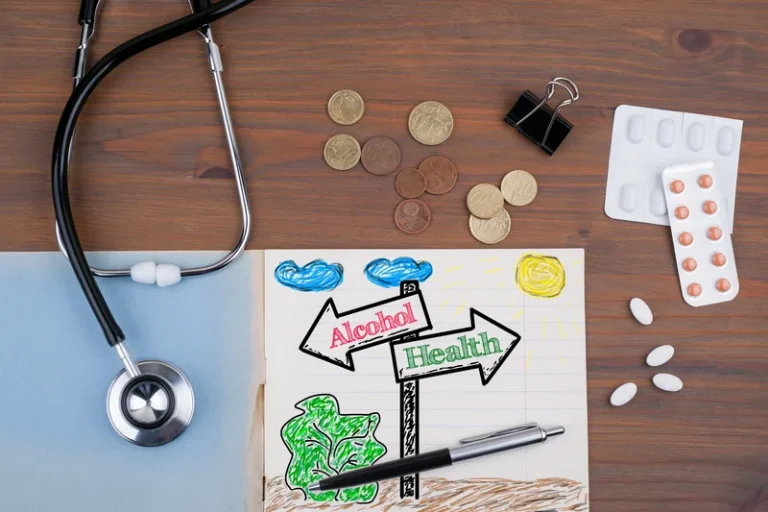
People may turn to alcohol as a way to cope with trauma or other, often unrecognized psychological disorders. Socially, alcoholism may be tied to family dysfunction or a culture of drinking. People who have experienced physical, emotional or sexual why do people become alcoholics abuse or other forms of trauma are at higher risk for alcoholism. Often, drinking begins as a negative coping method to decrease the discomfort linked to the trauma experience. Biological factors, including genes, are among the causes of alcoholism. Studies suggest that about half of the risk of developing an alcohol addiction depends upon genes.

Chronic Stress
Drinking together creates a sense of camaraderie and shared experience, helping people feel connected and relaxed when they’re in a social situation that may otherwise cause some anxiety. Friends and family can also be a significant driving influence, particularly if they feel self-conscious about drinking alone and therefore pressure others to join in. In this article, we explore the many reasons people drink and the factors that may influence when, how often and why people use alcohol. We also provide tips on what an individual can do if they don’t feel in control of their alcohol consumption.
The Appeal of Relaxation and Stress Relief
To be diagnosed with alcohol use disorder, or AUD, we need to meet certain criteria outlined in the DSM-V. Some of these include the impaired ability to stop drinking, significant time spent recovering from the negative effects, and withdrawal symptoms when stopping. The genetic predisposition of AUD may be affected by two main genes — the ALDH2 and ADH1B genes. These genes play a major role in how our body breaks down and processes alcohol. For example, those of us with alcohol intolerance have mutations in these genes. These mutations affect our body’s ability to break down alcohol — causing higher levels of acetaldehyde (the toxic compound in alcohol).
What is considered 1 drink?
The brain can respond differently to the outside world than it usually would. This means that while recovery is possible, a recovering alcoholic must work hard to beat the disease. Reframe supports you in reducing alcohol consumption and enhancing your well-being.

Education, awareness, and destigmatization of alcoholism are vital in creating a supportive environment where individuals can seek help without judgment. Some who do not have genetic risk factors may develop alcoholism if raised in an environment that encourages or normalizes maladaptive drinking behaviors. As the Cleveland Clinic excellently states, alcohol use disorder (or alcoholism) is a medical condition where a person is unable to control their heavy or frequent drinking.
- These factors can be harmful on their own, but when they occur simultaneously, they can easily contribute to an alcohol use disorder.
- Their work may decline as well, and they may lose a spiritual or religious practice they once valued.
- Additionally, developmental factors, including early exposure to alcohol and adverse childhood experiences, can shape an individual’s relationship with alcohol later in life.
- It depends on the factors that contribute to them developing this habit.
- To effectively treat both of them, licensed clinicians must look at each disorder simultaneously.
- The ability to plan ahead, learn and hold information (like a phone number or shopping list), withhold responses as needed, and work with spatial information (such as using a map) can be affected.
- A person who experiences feelings of low self-esteem or self-worth may start drinking alcohol more frequently to numb intrusive thoughts.
- So let’s dig in and explore the entwined roots of AUD to help us on our journey to cut back or quit drinking.
- Keep in mind, though, that a genetic risk does not mean a person is destined to develop alcoholism.
- However, problems usually occur when stress is ongoing, and someone tries to deal with it by consuming more alcohol.
- But when the person stops or dramatically reduces his or her drinking, within 24 to 72 hours the brain goes into what is known as withdrawal as it tries to readjust its chemistry.
- Many individuals with alcoholism have underlying mental health conditions such as depression, anxiety, bipolar disorder, or post-traumatic stress disorder (PTSD).
When you take a drink, about 20 percent of the alcohol is absorbed in your stomach; the remaining 80 percent is absorbed in your small intestine. There is also a high risk of overdose when combining alcohol with prescription drugs. However, problems usually occur when stress is ongoing, and someone tries to deal with it by consuming more alcohol. If there are any concerns about content we have published, please reach out to us at According to the American Psychological Association, nearly 80 percent of workers in the United States report feeling work-related stress. Additionally, about 66 percent of adults feel stressed about money and 75 percent feel stressed about Sober living home violence and crime.
Stress Relief
Social and cultural factors, such as societal norms, social acceptance of drinking, and cultural attitudes towards alcohol, also influence alcohol consumption patterns and the risk of developing alcoholism. It’s extremely common for people who suffer from alcohol use disorder to have a co-occurring mental health condition. For example, someone who suffers from depression may drink as a means of self-medicating their symptoms. Similarly, people with anxiety, panic disorders, bipolar disorder, and PTSD are all at a higher risk of developing a drinking problem. Furthermore, individuals with mental health disorders, such as depression, anxiety, or post-traumatic stress disorder (PTSD), may be at a higher risk of developing alcoholism.


Unfortunately, drinking alcohol is a coping mechanism in which the long-term adverse effects significantly outweigh the temporary benefits. As people develop alcohol dependence, they normally experience urges or cravings for alcohol. This refers to a wide range of thoughts, physical sensations, or emotions that push you to drink, even if you do not want to. If you or a loved one misuse alcohol, getting professional help is the first step toward recovery.
People with alcohol use disorder will continue to drink even when drinking causes negative consequences, like losing a job or destroying relationships with people they love. They may know that their alcohol use negatively affects their lives, but it’s often not enough to make them stop drinking. Alcoholism has been known by a variety of terms, including alcohol abuse and alcohol dependence. Underage drinking or drinking at an early age is another common cause of alcoholism. Not only can drinking become a habit very easily, but underage drinking can also increase the body’s tolerance to alcohol. This requires the individual to increase their consumption to https://ecosoberhouse.com/ experience the same effects.